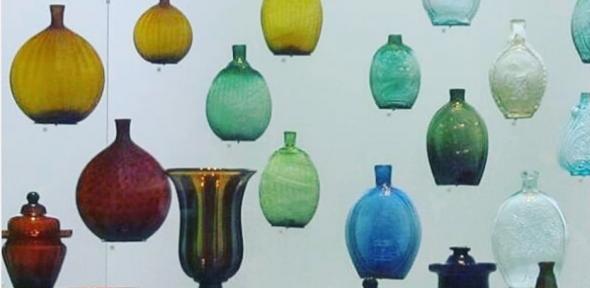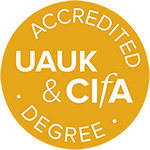
Heritage
Where history is the study of the past, heritage is the many ways the past is used in the present. Heritage is a rapidly growing field of fundamental contemporary significance. It is a key element in the way diverse institutions, political movements and communities recognise their identities, attribute value, contest rights claims and realise their political and economic strategies.
Heritage is a highly interdisciplinary field of study and this is reflected in the range of projects and themes being investigated within the Department of Archaeology. From the effects of conflict on heritage, to questions about the role heritage plays in the lives of migrant communities; often critically assessing the capacity for heritage to work in the service of integration or wellbeing, research being carried out by members of the department addresses many of the big challenges facing society today. Following the strong tradition of heritage research at the University of Cambridge projects in the Department of Archaeology also challenge some of the pervasive assumptions made about heritage, so frequently presented in terms of dichotomies such as those of tangible versus intangible, or natural versus cultural heritage. As such we work to explore the complexities of such categories and in so doing develop new methodological tools with which to explore the distinct needs of this dynamic and growing field of research.
Recent projects with a Heritage Theme at the Department of Archaeology have included:
- Post-war reconstruction of cultural heritage
- Reparations to cultural destruction
- The archaeological heritage of slavery in Cape Verde
- Occupation and Internment in the Channel Islands
- First World War archaeological heritage in France.




